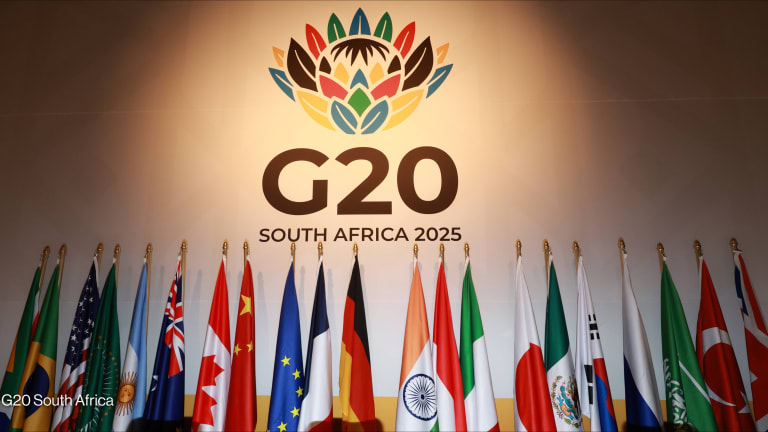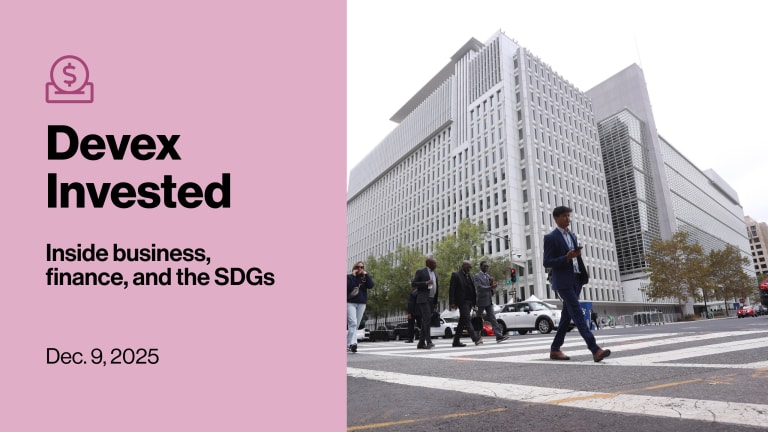
Of the $35 billion that the world’s 74 lowest-income nations will owe in debt service payments this year, about 37% — or $13.1 billion — is owed to Chinese entities, according to the World Bank. A similar amount, $13.4 billion, is owed to the private sector.
Official bilateral debt to countries other than China accounts for only $8.6 billion, World Bank President David Malpass said Wednesday during an event hosted by the Peterson Institute for International Economics.
“Many more countries are in a situation where their debt is unsustainable.”
— David Malpass, president, World BankMalpass said the Paris Club — the group of 22 mostly Western creditors — was once the main holder of lower-income countries’ debt. This allowed the group to reach deals on debt relief, creating solutions for nations that had trouble making payments on their loans.
However, reaching deals with major creditors outside the club, such as China and the private sector, is a more complex process, requiring each major creditor and bond-holder to enter into an agreement separately. The shifting nature of who has owned debt in the past decade effectively means no global system exists for dealing with a debt crisis.
“The Paris Club portion of the debt that’s coming due — even for the IDA countries — is small, and so that poses a challenge for the world,” Malpass said, using an acronym for the International Development Association, the World Bank’s fund for the lowest-income nations.
The $35 billion estimate for 2022 is a 45% increase over the total debt payments ultimately owed in 2020, according to the bank.
“Many more countries are in a situation where their debt is unsustainable,” Malpass said. Often, these nations took on debt before the COVID-19 pandemic hit, and now there is “just not going to be enough money for them to pay the debt service.”
Additionally, more central banks have taken on de facto debt through swap lines, adding to countries’ burdens, he noted.
The $35 billion that governments owe and have guaranteed during 2022 dwarfs the $24 billion that donors pledged in December for the most recent round of IDA funding, which is meant to last three years.
Malpass said that Chinese-owned debt suffers from a lack of transparency around the loans, including nondisclosure agreements attached to lending packages. This makes the deals hard to track.
Moreover, Beijing-controlled creditors have continued to take “full payments” during the pandemic, Malpass said, despite an effort to freeze such transfers with the world economy in turmoil.






